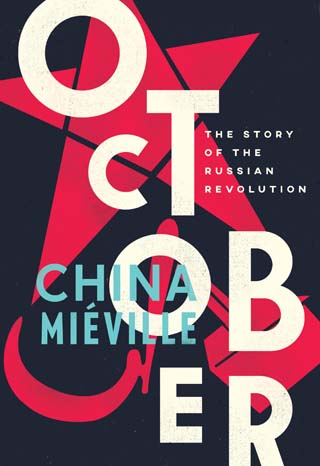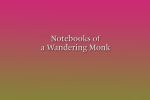October: The Story of the Russian Revolution by China Miéville – Review

By Barney Bardsley
The history of the Russian Revolution is not for the faint-hearted. It was one of the great romantic endeavours of the twentieth century: the attempt to pull a vast agrarian country, peopled with barely literate peasants, and ruled over by an antiquated, authoritarian tsardom, into the vanguard of modernism, into an industrial socialist super-state.
From its heady beginnings – full of energy, of poetry, of hope – to its sordid, murderous end, via Stalin and the stream of vacuous apparatchiks who came in his wake, the Russian experiment remains mesmerising, horrifying, hard to fully comprehend. Pity then, the writer who undertakes to document such a story. But China Miéville, writing at full throttle for 320 pages, has stepped up to the plate. In this centenary year, his efforts are to be applauded, and will undoubtedly be added to the great canon of revolution literature.
“Painstaking”
There is no doubt about it: Mieville is a writer with flair and passion; and his grasp of a story which is enormously complex, detailed, and confusing, is masterly. October is a calendar of 1917, taking the year month by month, and documenting exactly what happens, in the run up to the outbreak of revolution itself, in October 1917. But, painstaking though his account is, it feels curiously bloodless and unengaging. Despite the cavalcade of familiar, iconic names – Trotsky, Lenin, Stalin – which parade through these pages, I found myself permanently waiting for the action – the drama – to begin. But it never does. This feels like revolution without the rock and roll, and was, in the end, a disappointing anti-climax.
Nothing is missed out. From the birth of the first Soviet council in 1905; to the heady spring days of 1917, when the Provisional Government pursues a dizzying array of social freedoms – ‘”A miracle has happened,” wrote the poet Alexander Blok. “Nothing is forbidden… almost anything might happen.”’; to the final push for power in October, with Lenin’s fateful instruction – “We must at all costs, this very evening, this very night, arrest the government. We must not wait! We may lose everything!” The rest, as they say, is history. And yet still, this account refuses to sparkle and compel.
 “Melancholy postscript”
“Melancholy postscript”
Maybe the writer has simply included too much, rather than too little. His conscientious rigour, the apparent determination to be encyclopedic and forensic in every detail, curiously lets him down. I found myself longing for more colour, for the pursuit of character and anecdote, rather than yet another fact and figure…
The most compelling parts of the entire book are the ‘pre-history’ introduction, telling the lead up to 1917, and the epilogue, which ventures a helpful, melancholy postscript to the entire revolutionary story. Mieville is magisterial in his summation of Stalin, whose cruel, paranoid regime, following Lenin’s death, was stunningly described by Victor Serge as “midnight in the century”. And he is gracious towards my own particular favourite, Leon Trotsky, with his ideal of a “new peak of humanity” following the revolution.
In perhaps the most moving paragraph of the book, right near the end, he writes: ‘It is not for nostalgia’s sake that the strange story of the first socialist revolution in history deserves celebration. The standard of October declares that things changed once, and they might do so again.’
For that beautiful sentiment alone, written in the current climate of darkness, depression and fear, I remain deeply grateful, and impressed.
‘October – The Story of the Russian Revolution’ by China Miéville’ is published by Verso, hardback £15.99










